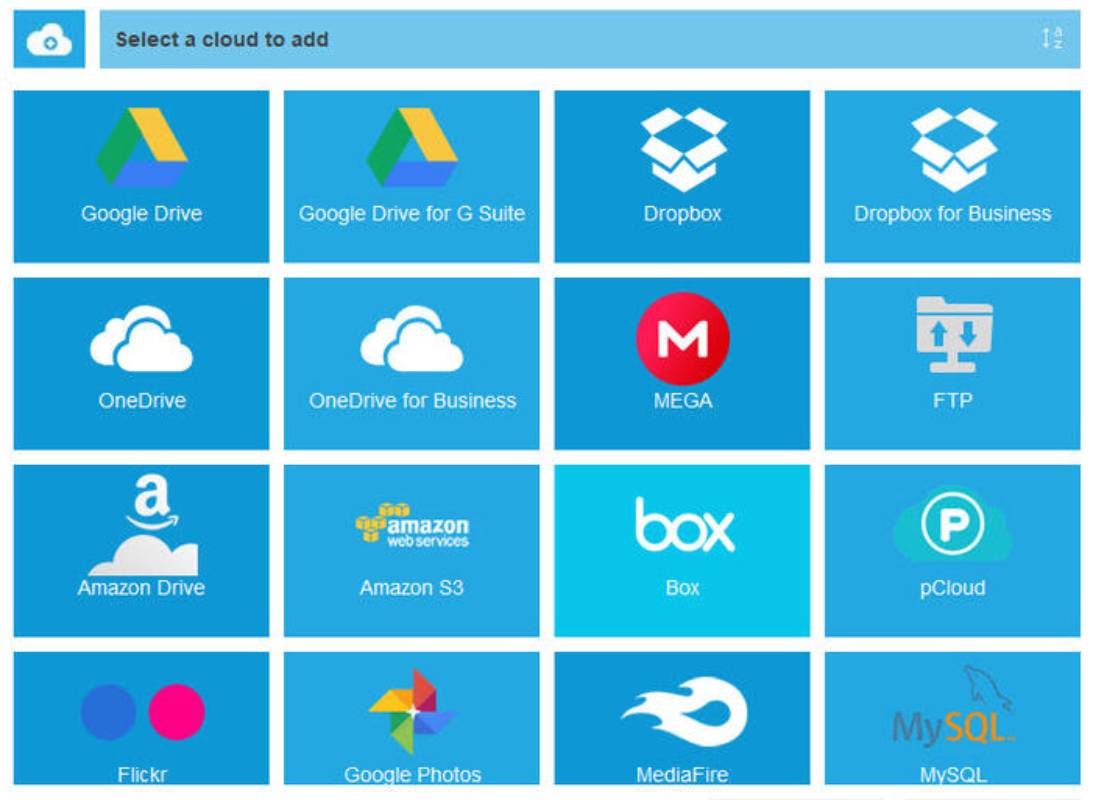It is more important than ever to have strong control over your financial data in today’s business world. This is especially true for businesses that rely on SAP software for their day-to-day operations. Suppose you are not taking full advantage of the sap controls that are available to you. In that case, you are missing out on opportunities to improve your business efficiency and bottom line. This blog post will discuss three ways sap controls can help improve your business performance. Stay tuned!
What Are SAP Controls? Why Are They Important?
SAP access controls are a vital part of any business’ security strategy. SAP systems contain critical business data and processes, so only authorized users must access them. SAP produces many software products that help companies manage their necessary data and processes. One of these products is SAP Access Control, allowing businesses to control who has access to their SAP systems. There are three main reasons why SAP controls are so crucial for companies:
To protect critical business data
SAP systems contain many sensitive business data, such as financial information, customer data, and proprietary company information. If this data falls into the wrong hands, it could be used to harm the company or its customers.
To prevent unauthorized system changes
Only authorized users should be able to make changes to SAP systems. Unauthorized changes could lead to system errors or outages, which can be costly for businesses.
To comply with regulations
There are regulatory requirements around who can access certain types of data in many industries. For example, there are strict rules about who can access patient health information in the healthcare industry. SAP Control helps businesses ensure that they are complying with these regulations.
How Can Businesses Make Sure They’re Using The Right SAP Controls?
There are a few key things that businesses need to do to make sure they’re using the correct SAP controls.
Assign roles and permissions carefully
It’s essential only to permit users to do their job. Giving too much access can increase the risk of data breaches or unauthorized system changes.
Monitor user activity
You should regularly review who is accessing your SAP systems and what they’re doing. This will help you identify any suspicious activity and take action if necessary.
Implement strong security measures
In addition to using SAP controls, you should also implement other security measures, such as firewalls, intrusion detection systems, and encryption. These measures will help protect your SAP systems from external threats.
What Challenges Do Businesses Face When Implementing SAP Controls?
One of the biggest challenges businesses face when implementing SAP controls is ensuring that all users have the appropriate permissions. It can be challenging to track who needs access to which systems and data. Another challenge is ensuring security measures don’t interfere with business operations. For example, implementing too many restrictions on user access could make it difficult for employees to do their job.
How To Get Started With SAP Controls
If you’re interested in using SAP controls to improve your business, there are a few things you need to do to get started.
First, you need to identify which systems and data must be protected. Then, it would help if you decided who should have access to these systems and data. Once you have this information, you can start assigning roles and permissions. Finally, it would help to implement security measures to protect your SAP systems from external threats.
Final Thoughts
SAP controls are an essential part of any business’ security strategy. They can help protect businesses from data breaches, unauthorized system changes, and compliance violations. Implementing SAP controls can be challenging, but it’s essential to do if you want to keep your business safe.












